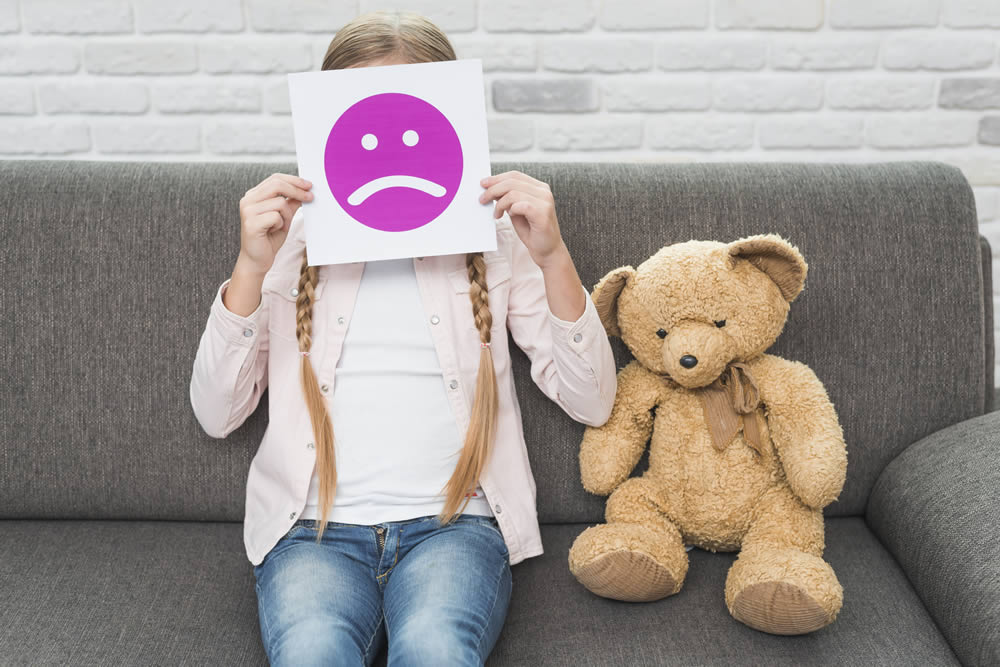Treating emotional intelligence is a very important issue when teaching, as Rafael Guerrero , a teacher of Teaching at the Complutense University of Madrid in charge of teaching techniques and guidelines to work on emotional education to future teachers, tells us.
“Many of the problems of adults are due to difficulties in regulating emotions and that is not taught in school,” says Professor Guerrero, claiming a specialized subject in the academic program of Teaching .
Emotional intelligence is characterized by the ability to control and regulate emotions in an appropriate way, both one’s own and those of others, understanding at all times what happens in our body and expressing ourselves according to a specific situation.
According to Guerrero, his students have confirmed to him more than once that no one has taught them to regulate themselves emotionally , and that since they were little, when they faced a problem, they locked themselves in their room to cry, being that the only way they found to calm down. It was to be expected in this situation that, upon reaching adulthood, they would have difficulties adapting to the environment, both to their work environment and to the personal one. “ We have to start training teachers with the ability to train children in the domain of their thoughts, “ says the teacher, and he is very right, because effective learning cannot be achieved if the teachers themselves are not it teaches them according to the way children should learn and develop.
There are many benefits that children would obtain with an educational system that integrates the management of emotions, such as the reduction of school failure, the elimination of frustration in the face of level tests, the reduction of levels of stress and apathy … but How should this change take place?

Managing emotions, a pending issue
The main idea is to train future teachers of basic, infant and primary education, in order to make them understand and work on their own emotions . Working in this way, in turn, teachers will be able to teach and educate their future students. To achieve this, you need to listen and carefully observe the needs of each of them and have a high capacity for empathy .
According to some studies published on the subject, such as those carried out by the Grup de Recerca en Orientació Psicopedagògica (GROP) of the University of Barcelona, it is increasingly proven that people with greater control of their emotions have better performance academic and a greater resolution development to face problems and adversities of life, but his thing is that this could be learned from childhood, because it is very difficult to achieve that adaptation and those resources once adulthood has been reached.
Managing emotions well is the best teaching we can receive in life, since many of the conflicts that adults have, and of course also children, are due in large part to that inability to accept and cope with the things that happen to us, especially when they are unpleasant or negative things . Accepting all this as something that cannot be avoided, managing well the feelings that each situation entails, would push us to move forward with strength, with motivation and with a capacity for improvement capable of facing any adversity.
Having this management of emotions as a fundamental pillar of teaching , and acting accordingly when teaching children and also those who are trained to teach every day, would make possible a world in balance that now seems difficult to achieve.











































































































